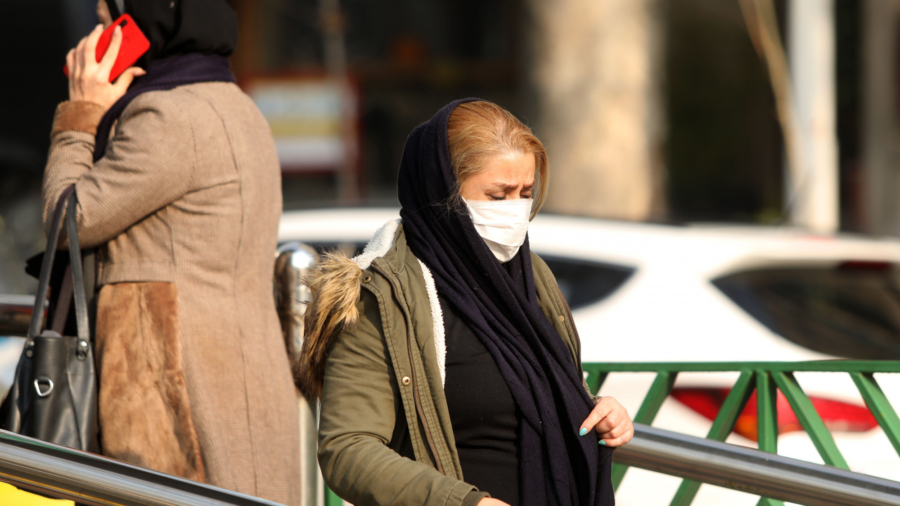Iranian authorities confirmed on Wednesday two cases of the new coronavirus, later saying the two patients died.
IRNA quoted Alireza Vahabzadeh, an adviser to the country’s health minister, as saying that both of the victims had been carrying the coronavirus and were located in Qom, about 140 kilometers (86 miles) south of the capital, Tehran. Iran’s Mehrs news agency said the the patients were both Iranians.
Earlier on Wednesday, Iranian authorities confirmed two cases of the new virus, the first in the country, according to the semi-official ISNA news agency. Officials later said the two patients had died.
ISNA quoted an official in the country’s health ministry, Kiyanoush Jahanpour, as saying that “since last two days, some suspected cases of the new coronavirus were found.”

The new virus emerged in China in December. Since then, more than 70,000 people have been infected globally, with more than 2,000 deaths being reported, mostly in China. Because the country is controlled by the Chinese Communist Party, which often underestimates death tolls and other figures, the true numbers are likely higher.
The United Arab Emirates, across the Persian Gulf from Iran, reported in late January the first confirmed case of the virus in the Middle East. The patient was a Chinese national from the city of Wuhan, where the virus first emerged. Six other cases have since been confirmed in the country, including a Filipino national.
The country was one of many to implement flight restrictions in a bid to stem the spread of the disease, suspending all flights from China except for Beijing. Iran and Iraq are among other countries in the region to suspend flights from China.
Egypt last week said that a patient tested positive for the new virus for the first time. Health Ministry spokesman Khaled Mugahed in a statement described the patient as a “foreigner” who did not show any serious symptoms, Al Jazeera reported.
The patient was identified through a program designed to screen people arriving from countries that have cases of the virus.

No other countries in the World Health Organization’s Eastern Mediterranean Region had reported cases until Iran reported the new patients, according to the international health agency. The virus has spread widely in Asia and the Western Pacific, with dozens of cases in Thailand, Singapore, Japan, and South Korea, and at least 15 cases in Malaysia, Vietnam, and Australia.
Germany has the most cases in Europe with 16 and the United States confirmed its 16th late Tuesday.
Two deaths have taken place outside of China, one in Japan and one in France.
Coronaviruses typically circulate among animals, but in rare cases can infect humans before spreading from person-to-person. Both human-to-human transmission and asymptomatic transmission, or the spread of the virus from people not showing symptoms, have been confirmed. The origins of the new virus aren’t confirmed.
The virus has symptoms similar to the flu, including fever, coughing, and a headache. Other symptoms include confusion. To prevent contraction of the virus, experts recommend frequently washing hands, not touching the hand, nose, or mouth with unwashed hands, and avoiding people who are clearly sick.
From The Epoch Times

